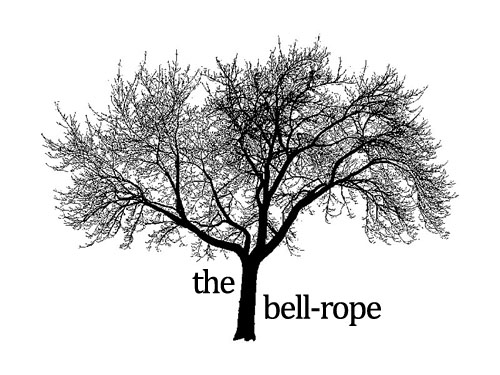Girl #1: Ohmygod. The bus is like ... dying.
(All laugh.)
Girl #2: I know! It's like a ...... kettle.
(All laugh.)
I hate to use more than three dots in my ellipses, but I want to convey the break, the enormous, palpable mental effort it took for that poor girl to come up with a suitable analogue for the wail of the bus. I am not just being mean, folks. You know when you're in a group and something funny happens, and then everyone just sort of waits for somebody to make some witty riposte, so that they can laugh and thus defuse the tension? It was like that. It was clear they were going for wit. What they got was ... well. Maybe Oscar Wilde was on the 13.
This bothers me more than it probably should (sidenote: I feel like this happens a lot with me) because I really don't think it should have been that hard for that girl to come up with something a little wittier. Even if she had said "dying baby," that would have already been a great deal more interesting that what she actually went with. And I wonder: if it takes that much mental strain to come up with "kettle" for a high-pitched, whistling sound, how is this girl doing in her postsecondary education? Is she really freeing herself up, exploring the mind and making associations across her field? In short, is she imaginative?
A moment later, one of the girls at last achieved something subtler, but the implications of the statement are more troubling than reassuring. She said: "Maybe we're all really fat or something!" This is imaginative: it requires you to picture, vividly, a group of fat students weighing down a bus to the point where it causes mechanical strain. Much better than "kettle." Had she said it right away, it would have been quite witty. But notice that her brain is far more capable of following rich, creative pathways on a subject related to body image. Body image, perhaps, is one of the things she might spend time thinking about by choice (as opposed to the "forced" thinking that takes place in school), and so the brain is much more receptive to thoughts in that category.
I am not saying that kids these days are stupider than they used to be. I think that's nonsense. What I am saying is that kids these days are probably investing more and more of their creative faculties on quick, easy, super-digestible kinds of information: Facebook posts, text messages, blogs. Reading a newspaper through is unthinkable now for almost everybody, not because they can't, but because they can't fathom setting aside that much time for one thing. I would also argue that they may no longer have the attention span for it.
Here is Tom Hanks on the topic of Starbucks in You've Got Mail:
"The whole purpose of places like Starbucks is for people with no decision-making ability whatsoever to make six decisions just to buy one cup of coffee. Short, tall, light, dark, caf, decaf, low-fat, non-fat, etc. So people who don't know what the hell they're doing or who on earth they are can, for only $2.95, get not just a cup of coffee but an absolutely defining sense of self: Tall! Decaf! Cappuccino!"That was exactly ten years ago. How much things have changed since then. What was once novel enough for a fairly hip dude in a romantic comedy to say would now never make it into a movie, unless it was to show how backdated the speaker was. The reality is that the world is now more customizable than ever. Facebook is perhaps the most extreme example, because it is nothing less than a customization of the self.
But picture this: what might that girl have done this morning, before getting on that fateful bus? She might have checked her Facebook. She might have tried to come up with something new to put next to her status (thus pushing her to the top of the queue and attracting notice and, God be praised, wall posts). She might have fussed about how to wear her hair or what outfit to go with. And then what shoes. Or she might have done some online shopping, checked out what's on sale, what's worth it and what's not, what she needs and what's just an indulgence. My point is not that she did all (or any) of these things, and I am certainly not judging (I do a lot of those things myself, so I'm including myself on my chopping block). My point is the range of decisions we are required to make, decisions that may seem trivial but which take up more and more of our mental space. When we have to make a thousand such decisions a day (it's probably more than that, actually), do we have space in our minds to consider anything else? If we read a book, in private or for class, do we have any time to process, to allow the language, the metaphor, the richness that does not exist in our daily lives to sink in?
If our thoughts and decisions are all instantaneous, our writing mostly in fifteen-word twenty-second junkets, multiplied by a thousand per day, can you really expect that girl on the bus to come up with a better metaphor?
